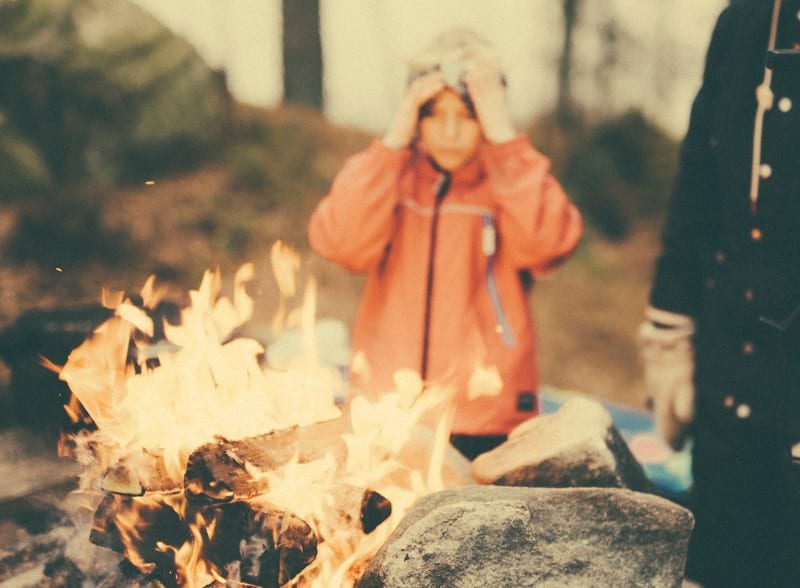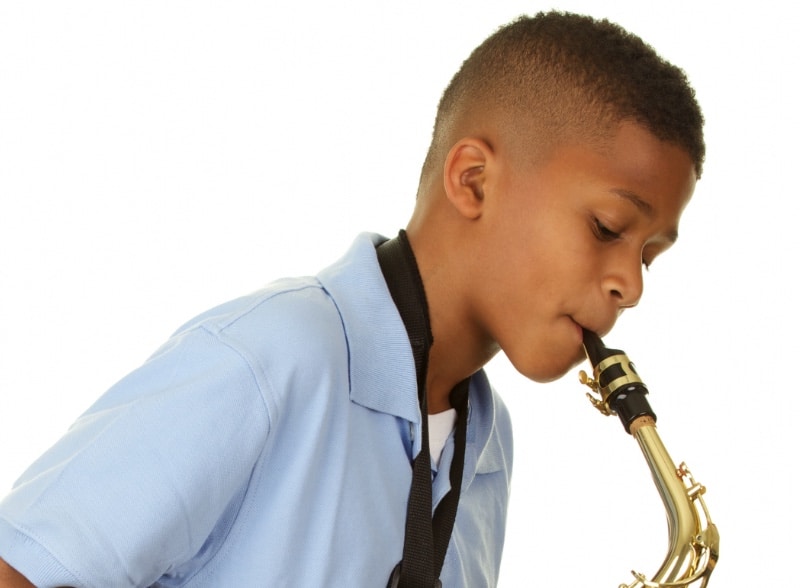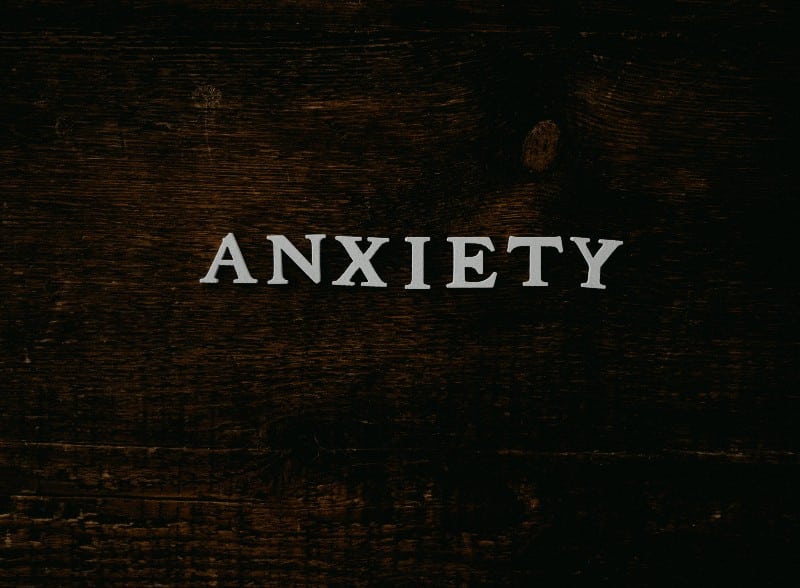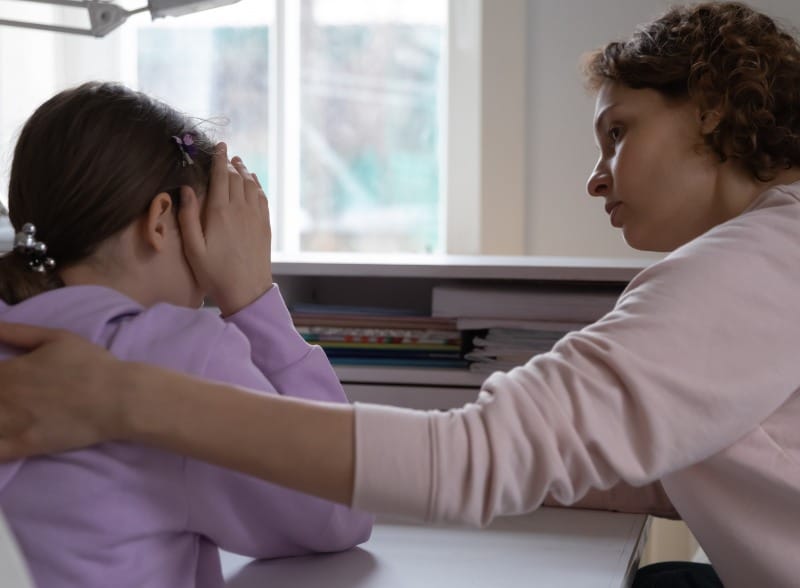
Top Tips for Reducing Anxiety Around Fire
If your child feels high levels of anxiety about fire, in a way that isn’t proportionate to their exposure or level of risk, it’s important to encourage them to work through their fear. Here are some effective tips for helping equip children with the skills to navigate anxious thoughts and adopt positive coping strategies.













